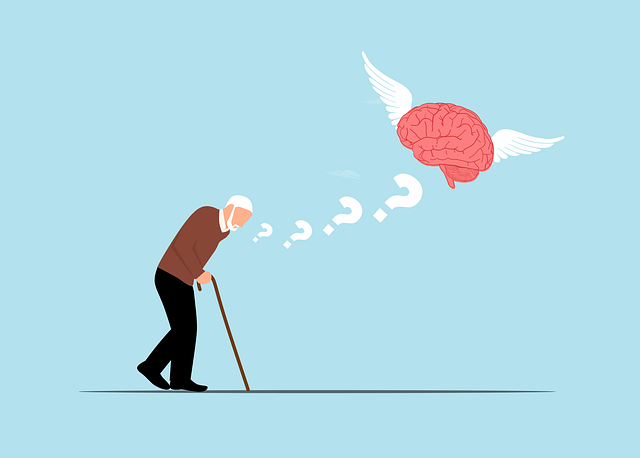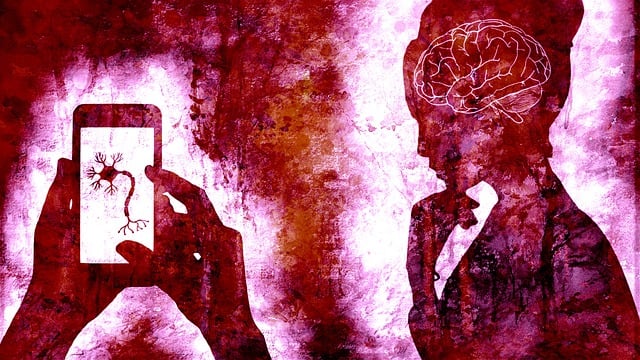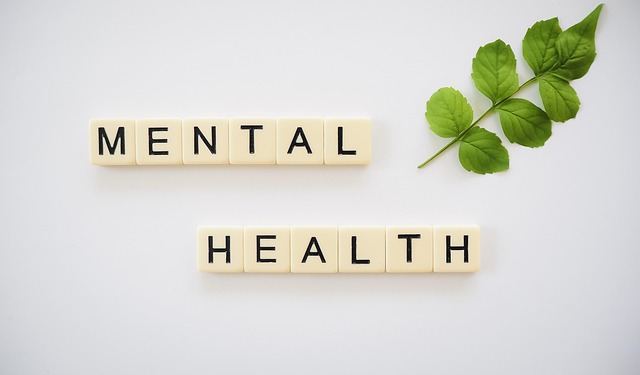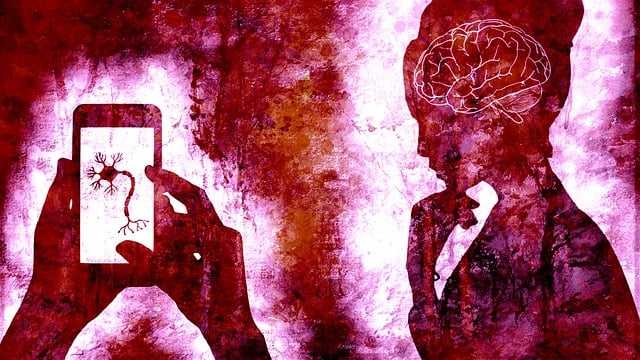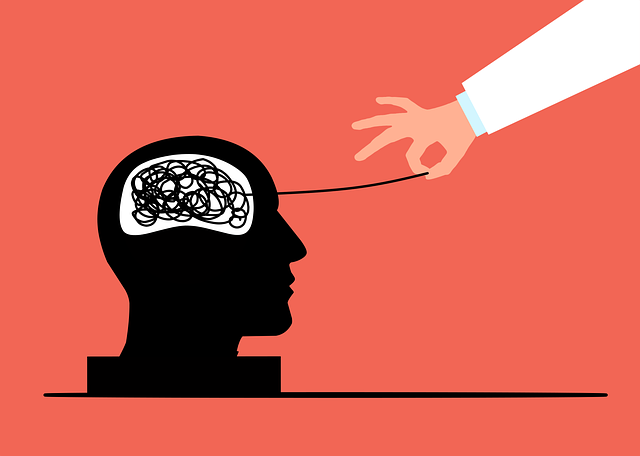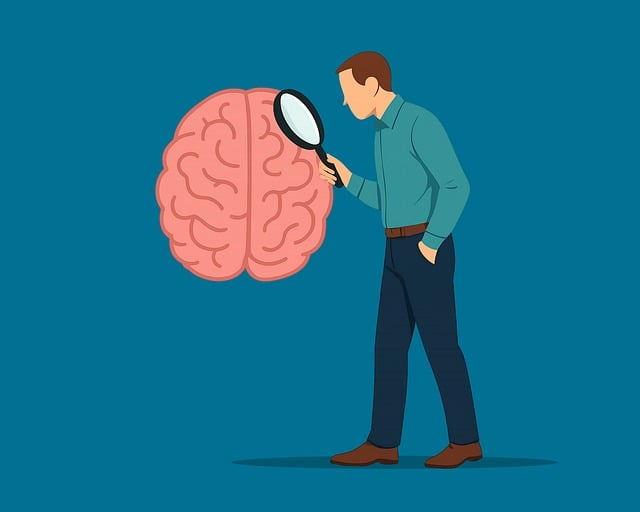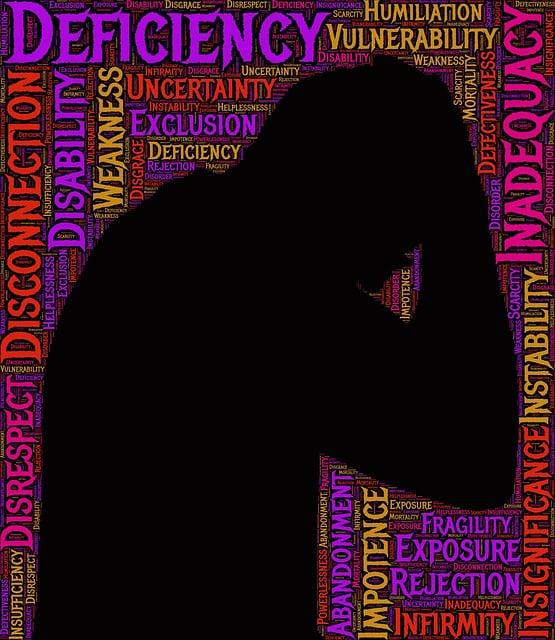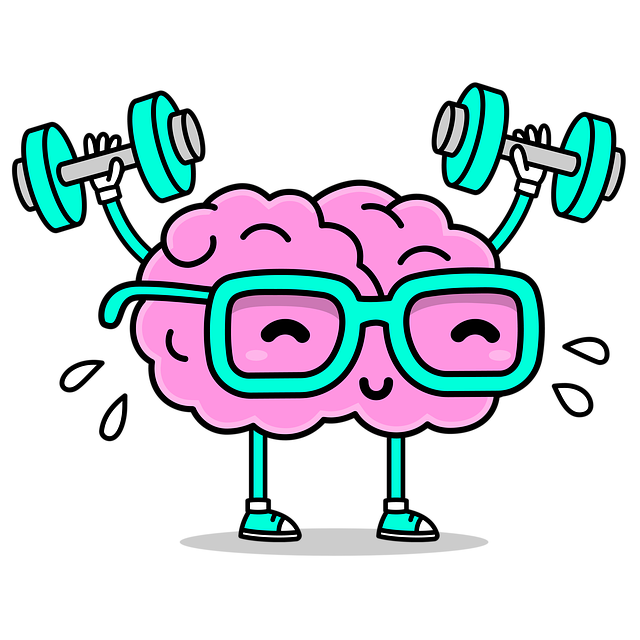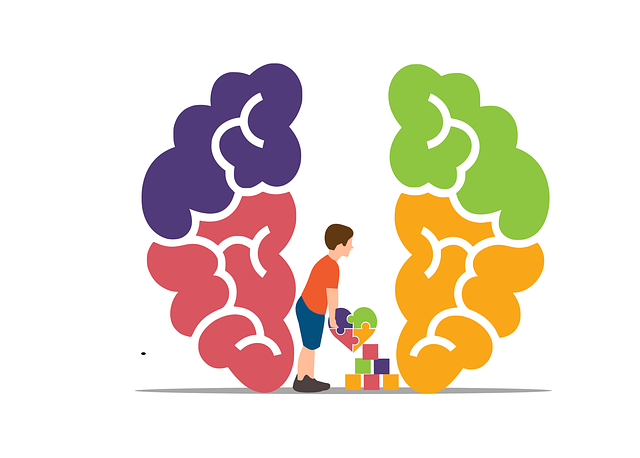Mental health barriers like stigma and misconceptions hinder access to care. Golden Online Therapy (GOT) offers accessible, remote therapy platforms that promote understanding, self-care, and resilience through personalized digital tools. GOT's interactive curriculum, including virtual reality simulations, enhances learning outcomes, stress management skills, and cultural competency in mental health education. Evaluating GOT's success through surveys, feedback, and self-care routines measures its impact on public awareness and holistic wellness, ensuring it remains a cutting-edge resource for tailored mental health support.
Mental health education is a cornerstone in fostering resilient communities. This article explores the design of comprehensive programs, focusing on dispelng misconceptions and stigma surrounding mental well-being. We delve into the transformative power of golden online therapy, examining its role in making accessible therapeutic support. By combining evidence-based strategies with interactive technology, we can create engaging curricula that equip individuals with vital skills for managing their mental health effectively.
- Understanding Mental Health: Unveiling Common Misconceptions and Stigma
- The Role of Online Platforms in Accessible Therapy: A Golden Opportunity
- Designing an Engaging Curriculum: Strategies for Effective Education
- Incorporating Interactive Tools: Technology's Impact on Learning Outcomes
- Measuring Success: Evaluation Methods for Comprehensive Mental Health Programs
Understanding Mental Health: Unveiling Common Misconceptions and Stigma

Mental health is often surrounded by misconceptions and stigma, creating barriers to understanding and seeking support. Many people hold onto outdated beliefs that mental illness is a sign of weakness or personal failings, which couldn’t be further from the truth. Mental health issues are common, impacting individuals across various demographics, and they stem from a complex interplay of genetic, biological, environmental, and social factors. Debunking these myths is crucial to fostering empathy and encouraging open conversations about emotional well-being.
Through comprehensive mental health education, we can promote techniques for self-care routine development, helping individuals manage their symptoms and enhance overall mental resilience. By learning effective coping strategies, setting boundaries, and prioritizing self-compassion, folks can prevent burnout and cultivate a healthier relationship with their emotional states. Golden Online Therapy offers accessible resources and platforms where people can receive professional guidance and connect with others on similar journeys, revolutionizing the way we approach and support mental health initiatives in today’s digital era.
The Role of Online Platforms in Accessible Therapy: A Golden Opportunity

In today’s digital era, online platforms present a golden opportunity to revolutionize mental health education and therapy accessibility. The rise of remote care has broken down barriers, allowing individuals from diverse backgrounds to receive support regardless of geographical constraints. This shift is particularly beneficial for underserved communities, ensuring that mental wellness resources are no longer limited to urban areas or those with extensive resources. Online therapy platforms provide a safe, accessible space for users to engage in therapeutic practices, fostering a sense of comfort and privacy often necessary for effective treatment.
Moreover, these digital tools offer flexibility, accommodating various schedules and preferences. This accessibility is crucial, especially when addressing issues like mood management, which often requires ongoing support and adjustments. Online platforms can facilitate regular sessions with licensed professionals, incorporating interactive elements and resources tailored to individual needs. Such personalized care, combined with the convenience of virtual sessions, has the potential to significantly impact positive mental health outcomes, while also streamlining risk management planning for mental health professionals.
Designing an Engaging Curriculum: Strategies for Effective Education

In designing an engaging curriculum for mental health education programs, the goal is to create a dynamic learning environment that fosters active participation and encourages self-reflection. Incorporating interactive elements such as group discussions, case studies, and role-playing scenarios can significantly enhance students’ understanding of various mental health topics. For instance, integrating digital tools like virtual reality simulations or online therapy platforms (Golden Online Therapy) allows participants to practice empathy and communication skills in safe, controlled settings. This hands-on approach not only makes learning more enjoyable but also bridges the gap between theory and real-world applications.
Additionally, tailoring the curriculum to address burnout prevention and promote inner strength development can be transformative. Mental wellness coaching programs should include modules focused on stress management, resilience building, and self-care practices. By equipping individuals with these tools, educational initiatives can empower them to navigate life’s challenges more effectively. Ultimately, an engaging and comprehensive mental health education program not only informs but also inspires, fostering a deeper commitment to personal well-being and collective mental wellness.
Incorporating Interactive Tools: Technology's Impact on Learning Outcomes

Incorporating interactive tools into mental health education programs can significantly enhance learning outcomes. Online therapy platforms, often referred to as Golden Online Therapy, offer a dynamic and engaging environment that goes beyond traditional teaching methods. By utilizing technology, students can actively participate in virtual simulations, role-playing scenarios, and multimedia presentations, fostering practical skills for real-world application. These interactive elements not only make the learning process more enjoyable but also improve information retention and critical thinking.
Moreover, integrating digital tools allows for a personalized learning experience that caters to diverse student needs. Stress reduction methods and mind over matter principles can be effectively taught through adaptive software that provides tailored feedback and resources. Additionally, cultural sensitivity in mental healthcare practice becomes easier to grasp when virtual environments simulate diverse patient populations, enabling students to develop culturally competent skills without geographical constraints.
Measuring Success: Evaluation Methods for Comprehensive Mental Health Programs

Evaluating the success of a mental health education program is paramount to understanding its impact and identifying areas for improvement. Golden Online Therapy, as a pioneering platform in digital mental healthcare, employs a multi-faceted approach to assessment. This includes both quantitative and qualitative methods, such as pre-post surveys measuring symptoms, participant feedback through mental wellness podcast series production, and self-care routine development for better mental health. By analyzing these data points, the program’s effectiveness can be thoroughly gauged, ensuring that it aligns with its goals of enhancing public awareness campaigns development and fostering holistic mental wellness.
Furthermore, regular review processes are implemented to track progress over time, allowing for dynamic adjustments based on emerging trends and participant needs. This continuous evaluation ensures that Golden Online Therapy remains a cutting-edge resource in the realm of mental health education, providing tailored support for individuals seeking improved mental well-being.
Mental health education programs, through a strategic blend of online platforms and interactive tools, can significantly reduce stigma and enhance accessibility to golden online therapy. By addressing misconceptions, designing engaging curricula, and employing technology effectively, we can foster comprehensive mental well-being. Evaluation methods must be robust to measure success and ensure these programs truly make a positive impact on individuals’ lives. With continuous refinement based on research and feedback, mental health education can revolutionize support systems, ultimately leading to healthier communities.
